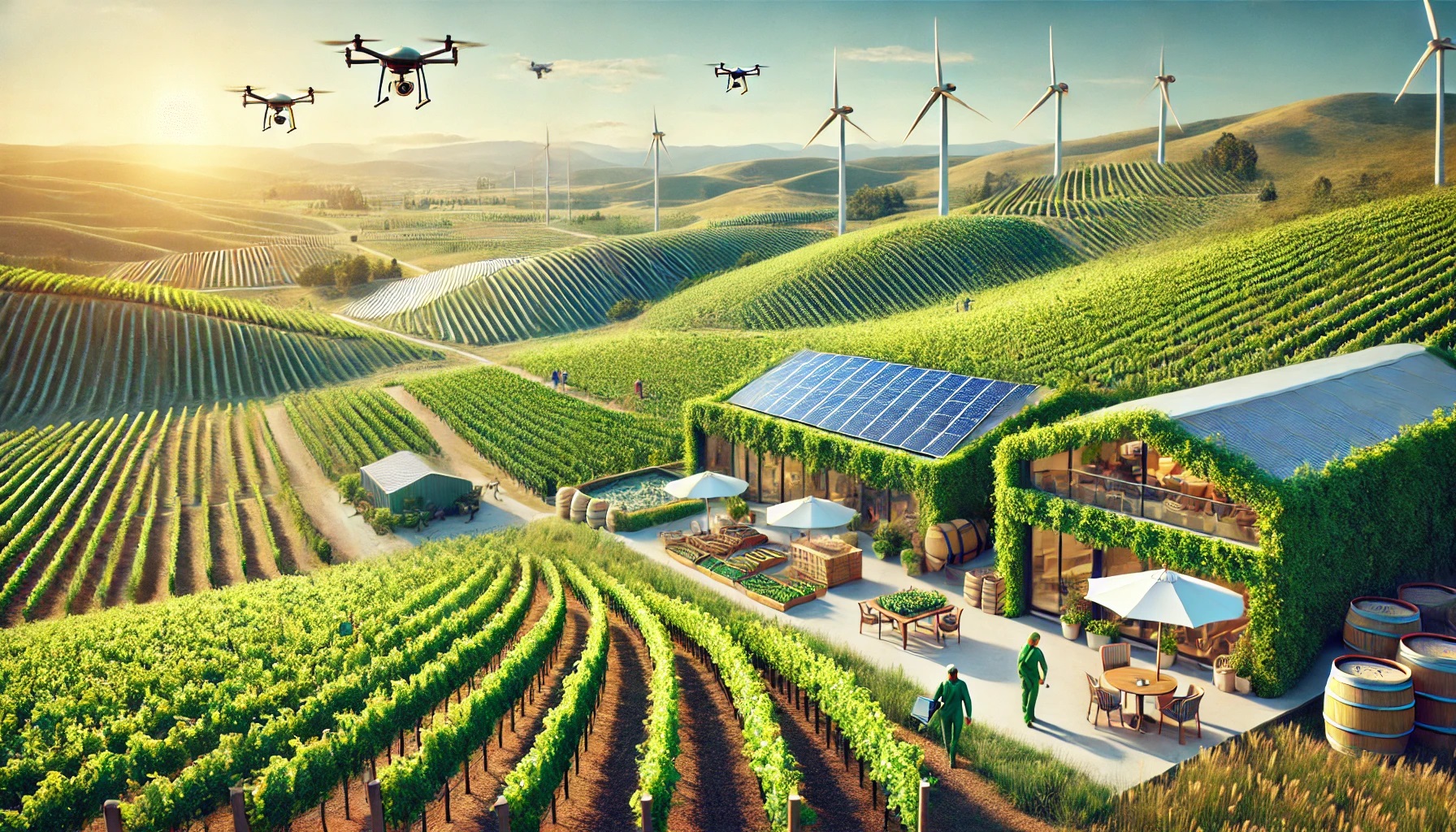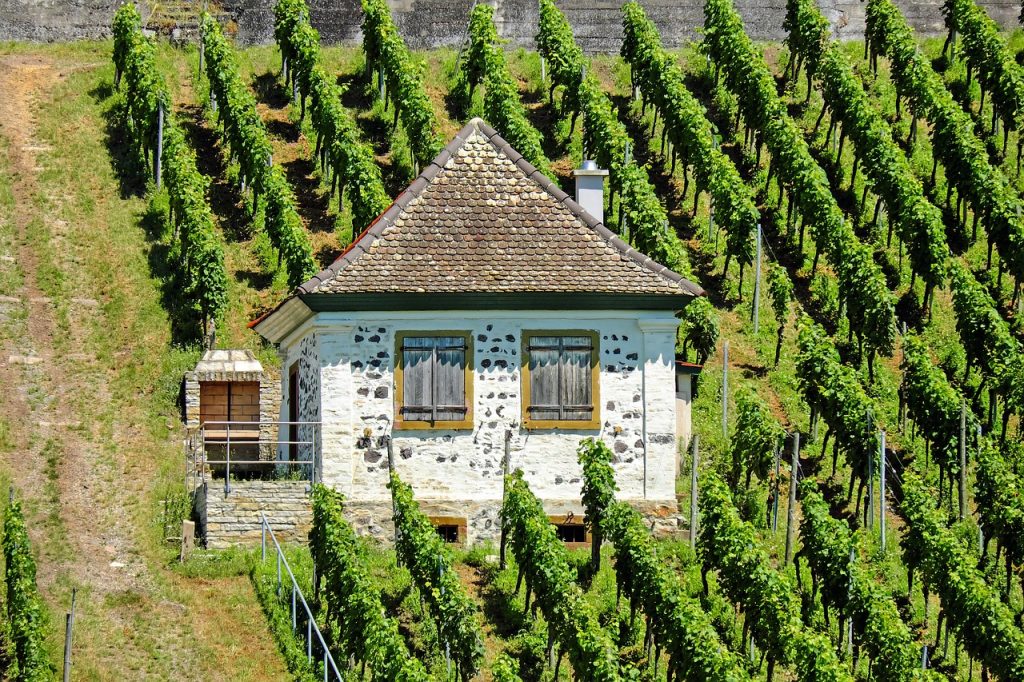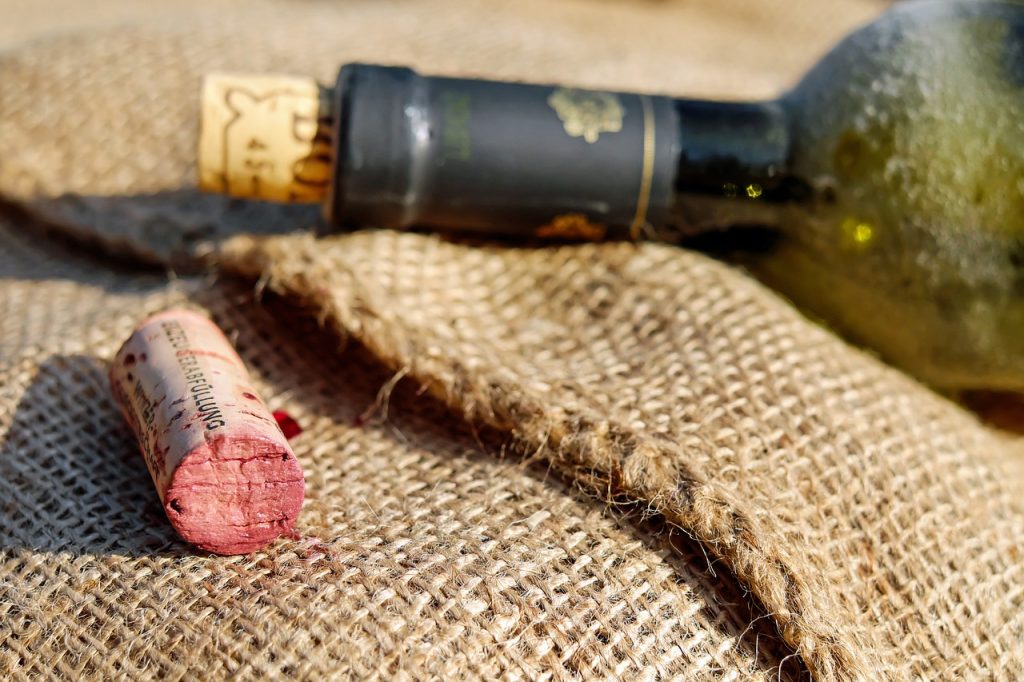
The future of wine is not only rich in flavor but also steeped in sustainability! Yes, my fellow oenophiles, the world of wine is evolving, and it’s not just about which region produces the finest Merlot anymore. It’s also about saving the planet.
The Grape Expectations of Sustainability
In recent years, sustainability has becoming a full-on necessity for wine producers. Mother Nature isn’t exactly thrilled with the state of things, and climate change is shaking up the winemaking process. You see, vineyards are incredibly sensitive to climate conditions, and with wildfires, droughts, and unpredictable weather patterns on the rise, many winemakers are feeling the heat – literally.
Imagine your favorite Pinot Noir turning into a raisin because of an unexpected heatwave. Not cool, right? That’s why winemakers are taking action. They’re swapping out traditional practices for more eco-friendly options, like using renewable energy, reducing water consumption, and finding ways to offset their carbon emissions. It’s like turning your wine cellar into a superhero lair – only with more fermentation and less crime-fighting.
Vines Gone Green: Organic, Biodynamic, and Beyond
First off, let’s talk about how winemakers are rethinking their farming practices. Organic vineyards are becoming more common, meaning no synthetic pesticides or fertilizers are used. This is great news for the soil, the critters, and of course, the grapes themselves. But wait, there’s more! Biodynamic farming takes things a step further. Picture a vineyard run like a cosmic spa – winemakers follow lunar cycles, treat the land holistically, and sometimes even bury cow horns filled with compost for good measure. No, seriously, that’s a thing.
It might sound like something out of a wizarding textbook, but these methods are all about creating a self-sustaining ecosystem that produces healthier grapes, which eventually turn into tastier wine. Healthier grapes, tastier wine, and a happier planet? Count me in!

The Packaging Dilemma: Corks vs. Screw Caps vs. Your Conscience
Now, let’s tackle one of the most heated debates in the wine world – the closure conundrum. Cork or screw cap? Choose wisely, my friend, because this decision has serious sustainability implications. Cork is natural, renewable, and can be composted, which makes it the environmentalist’s go-to option. But cork taint is a real villain here, spoiling up to 6% of wines each year.
On the other hand, screw caps solve the cork taint problem, but they’re made of aluminum, which involves energy-intensive mining and manufacturing. It’s like choosing between the lesser of two evils, except you’re also trying to enjoy a nice glass of Chardonnay. Some wineries are even experimenting with alternative packaging materials, like lightweight glass, cardboard cartons, and even wine in a can.
Climate Change and the Search for Cooler Climes
If you thought global warming was only about melting icebergs, think again. It’s also about where your wine comes from. Some traditional wine-growing regions, like Bordeaux and Napa Valley, are struggling with rising temperatures that affect grape ripening. To combat this, winemakers are experimenting with heat-resistant grape varieties or simply moving their vineyards to cooler areas, such as England or Tasmania.
Technology: The New Wine Whisperer
Not to be outdone by cosmic farming practices and moving vineyards across continents, technology is playing a key role in making wine production more sustainable. From drones to AI, the future of wine is looking a lot like a sci-fi movie. Drones are already being used to monitor vineyards and help winemakers pinpoint exactly where water or nutrients are needed, reducing waste and maximizing efficiency.
Some wineries are even adopting AI to help recommend wines based on your preferences. It’s like having a personal sommelier who knows that you secretly prefer sweet Riesling over dry Cabernets. And let’s not forget blockchain – yes, even your wine’s history can be traced on the blockchain to prevent counterfeiting and ensure transparency about the sustainability of the product. I’m still not entirely sure how blockchain works, but if it helps me drink ethically produced wine, I’m all for it!
Sustainable Wine Tourism – A Sip with a Conscience
Now, let’s talk wine tourism. Post-pandemic, people are eager to get out and visit vineyards again. The good news is that sustainable wine tourism is on the rise. Wineries are focusing on reducing the environmental impact of their tours by offering eco-friendly experiences like electric vehicle charging stations, solar-powered wineries, and even wine-tasting sessions paired with local, organic food.
It’s not just about sipping wine on a sun-drenched patio anymore; it’s about sipping wine while feeling good about helping the planet. And trust me, wine tastes even better when you know you’re saving the Earth, one glass at a time.

The Future of Wine: A Glass Half Full
So, what’s next for wine lovers? Well, if you’re worried about climate change ruining your favorite bottle of red, don’t panic just yet. While the wine industry faces significant challenges, it’s also proving to be incredibly resilient and innovative. By embracing sustainability, experimenting with new technologies, and adapting to climate change, winemakers are ensuring that we’ll still be able to enjoy a delicious glass of wine – even if it comes in a can.
The future of wine is green, innovative, and, frankly, exciting. So the next time you pour yourself a glass, take a moment to appreciate not just the taste but also the journey that wine took to get to you. Whether it’s a biodynamic Pinot or a tech-savvy Sauvignon Blanc, know that you’re not just drinking wine – you’re drinking the future.